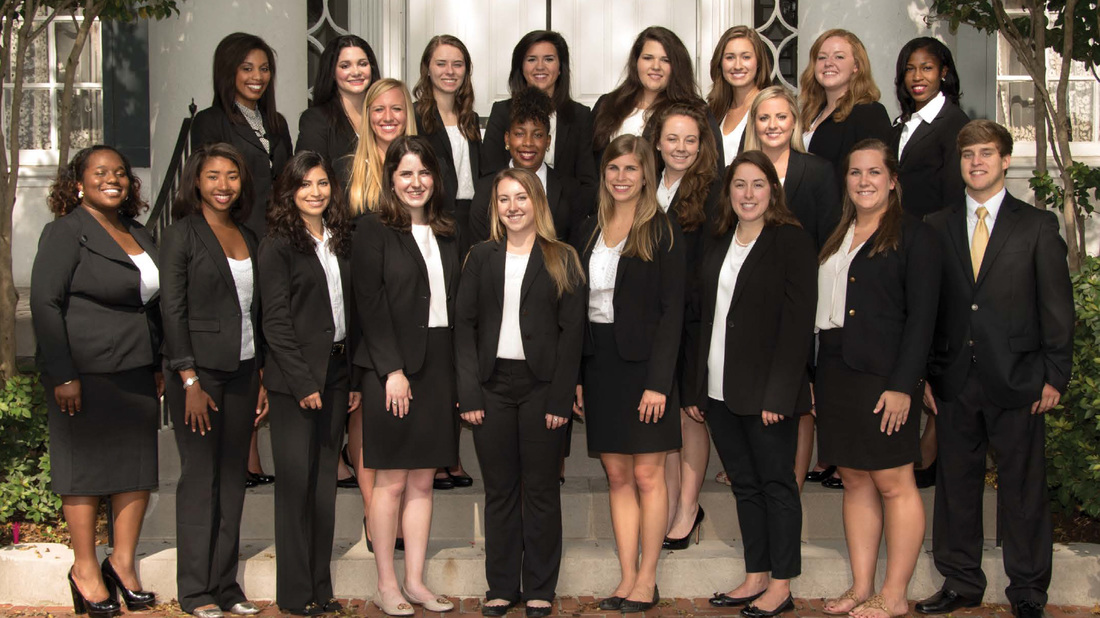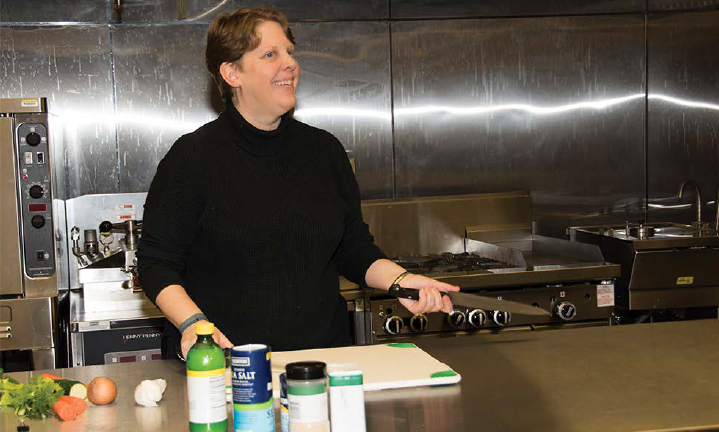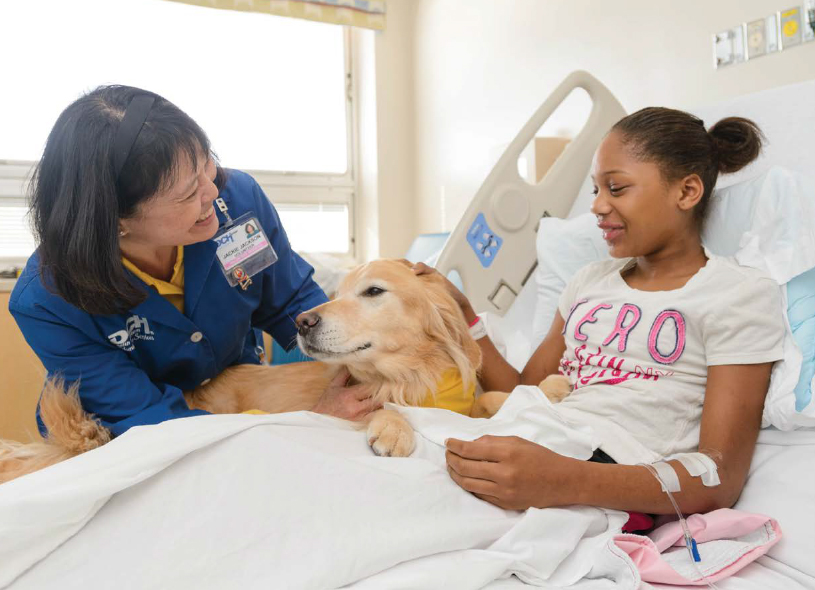Short Stories
Friendly Faces of CHESThe 2015–2016 Ambassadors represent every CHES major. CHES Ambassadors serve a vital function at the College, acting as hosts and hostesses at special functions such as homecoming, honors day, graduation and recruitment events. They provide service, promote school pride and can communicate a thorough knowledge and understanding of CHES. They also give tours of the College to incoming freshmen, transfer students, parents, alumni and other visitors. Ambassadors encourage students to continue their relationship with the College after graduation by active membership in the CHES Alumni Association. Each Ambassador works closely with the dean and faculty members and interacts with alumni and potential students. In serving as a CHES Ambassador, Anna Claire Leary says she has “learned how special and diverse our college is.” Alex Mathis says the experience has opened up many opportunities to grow professionally. Ambassador Amanda Cox says she has appreciated the chance to share her experience with future college students and help them achieve their goals. To become Ambassadors, students must meet specific qualifications: 1) be CHES majors who have been in the College for at least one semester; and 2) be able to serve throughout the academic year, maintaining a GPA of 2.75 or higher. They also must receive a faculty recommendation and serve in an Ambassador role for at least 12 hours per semester. Applicants are interviewed and judged by a panel chosen by the faculty adviser and student coordinator. Evaluation criteria include poise, communication and persuasiveness. |
Cooking to HealDr. Linda Knol conducts the new Culinary Medicine class, which meets in the CHES foods lab. CHES is partnering with the College of Community Health Sciences (CCHS) in offering a course for the new Culinary Medicine elective. The first class met in January.
Through lectures, hands-on cooking classes and follow-up discussion, the class teaches CCHS medical students and family medicine residents — along with CHES nutrition students — how to better educate patients about their diets. Students learn the basics of cooking so they can provide patients helpful information when addressing chronic disease management and obesity. Classes meet in the CHES foods lab. Dr. Jeannine Lawrence, chair of the CHES department of nutrition and hospitality management, believes this collaboration is critical. “In the health care field, medical professionals need to work well as part of a patient—centered, interprofessional team. UA’s Culinary Medicine program is innovative, bringing together future nutrition and medical students to collaborate,” says Lawrence. Last semester, 24 students were enrolled in the course — 10 medical students, eight nutrition students and six residents. The instructors are Dr. Jennifer Clem, assistant professor in family medicine, and Dr. Linda Knol, CHES associate professor of human nutrition. The course draws from modules of the curriculum of the Goldring Center for Culinary Medicine at Tulane University School of Medicine in New Orleans and includes principles of diabetes, weight and portion control, hypertension, sodium, carbohydrates and the Mediterranean diet. During the first class, students divided into eight teams of three and participated in a cooking exercise. Teams prepared a dinner of whole-wheat spaghetti, some with meat sauce and some with lentils and vegetables, as well as salads with lettuce, kale, carrots and other vegetables. Students discussed the nutritional content of the dishes, learning, for example, that using whole-wheat pasta increases the amount of fiber in the diet. |
Providing for Parents |
Canine Comfort |




